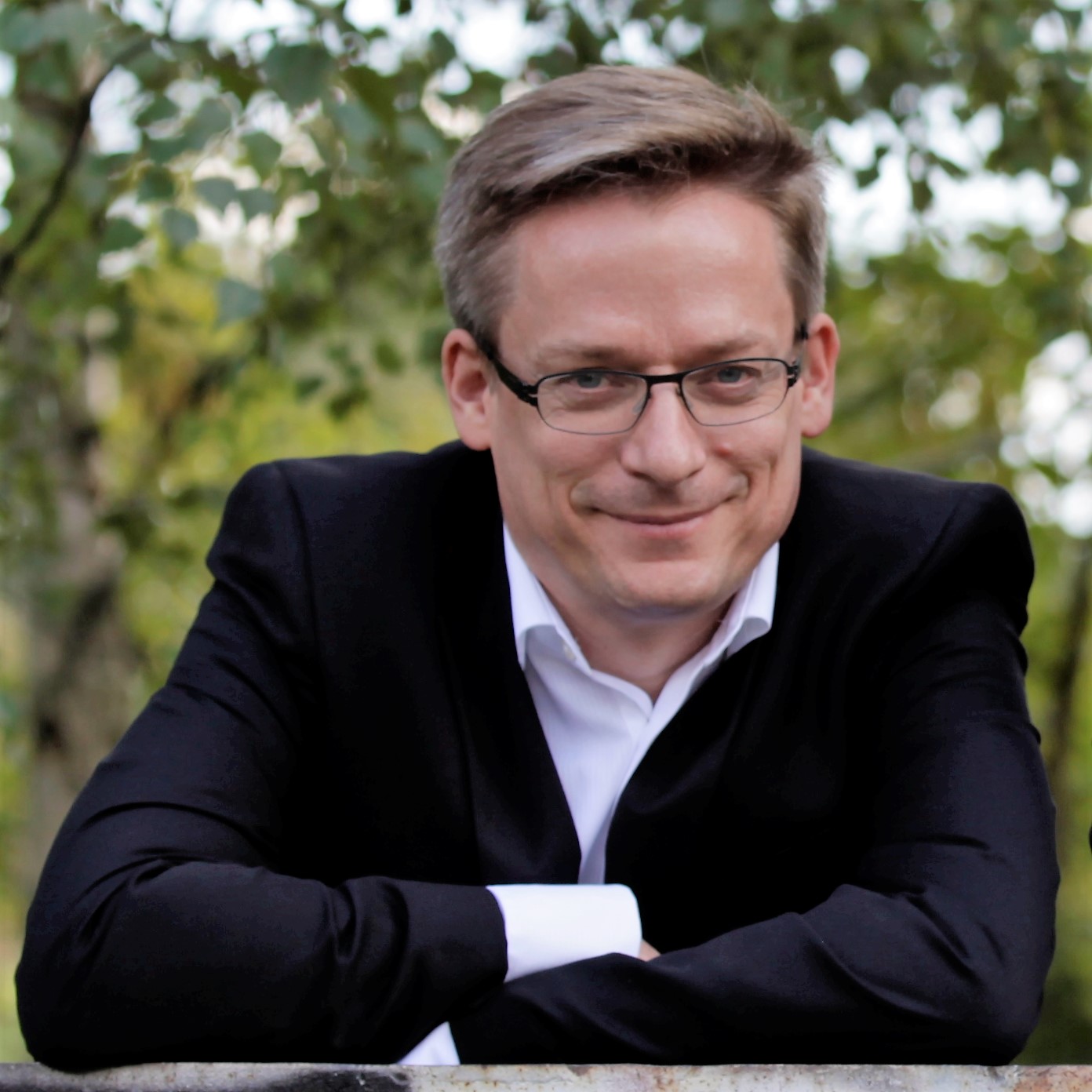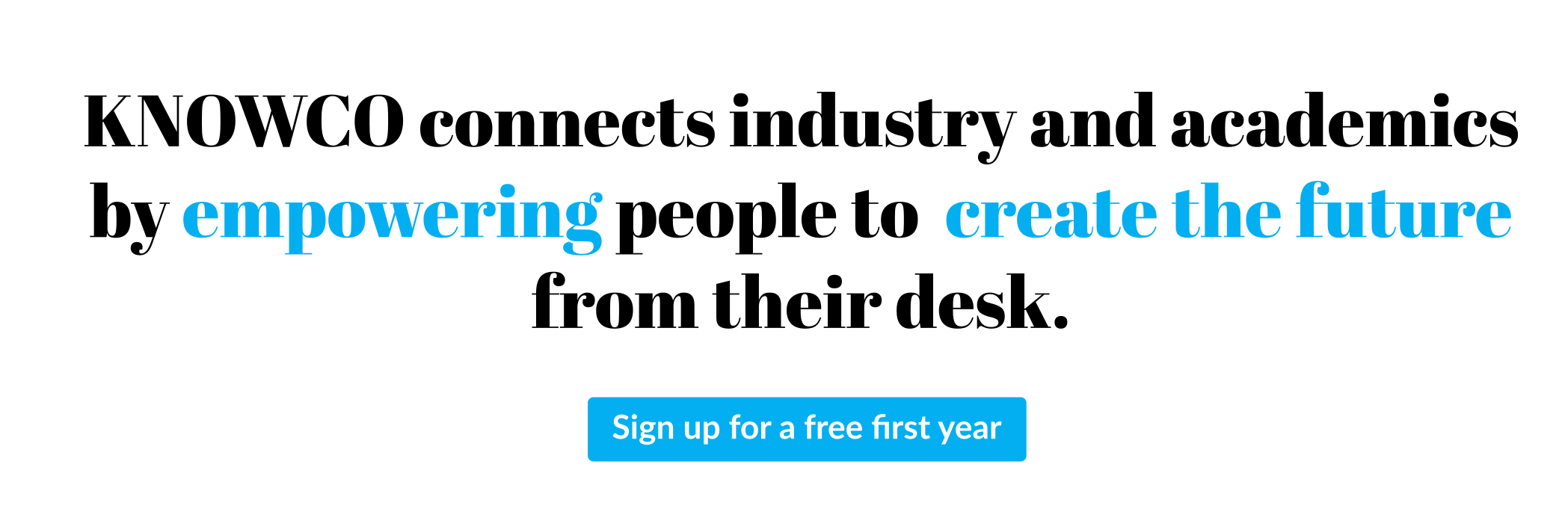Prof. Dr. Henning Breuer
Consultant and owner, UX Berlin
Professor of Innovation and Business Anthropology at University HMKW in Berlin, Germany

ABOUT RESEARCH
Why did you become a professor? And how did you become a professor at the HMKW university in Berlin after being a visiting professor at Universidad de Chile and Waseda University in Tokyo?
There was no master plan behind it. I was always curious to take a broader view of the topics I dealt with and to know more than what was needed to solve the immediate task at hand. During my two years working as a consultant, I also engaged in research projects in Chile, Germany and Japan. Inhabiting both the world of academia and that of consulting can be rewarding when lessons learned on one side swap over to and help the other. Having a theoretical view provides for a more comprehensive understanding of the subject matter, applies advanced methodology, and may lead to more effective and better solutions to practical problems. Encountering real problems and challenges in organizations ensures relevance and (that theory-based interventions yield the desired) impact. Working half-time as a professor, and half-time as a consultant to integrate both sides appeared as an obvious option.
We are always talking about values in leadership, and now you are talking about values-based innovation management. How did this book become life? How did you get the idea and further development?
Working as a business consultant from the late 1990s and 2000s, concepts of usability, usefulness (use value), and value-added for customers became widely accepted and evident as critical testbeds for the success of what Eric von Hippel had already introduced as a democratized form of “user-driven” innovation. I started questioning and investigating this fuzzy notion of value. That brought me back to classical works of political economy and philosophy, but also to literature on ethics and business ethics, like those books by Harry Frankfurt, Hans Joas, and Edward Freeman. They brought me to understand the economic notion of value, which also dominates the discourse on social and ecological or “shared” value, in the broader context of values as notions of the desirable. These notions are not only one testbed for the acceptability of new products and services, but also provide a cognitive heuristic, strategic guidelines, and normative criteria for future-oriented and design-related decision-making. They provide for a sense of direction and meaning for different management levels that are involved in processes of innovation. Florian Lüdeke Freund, who is now a professor of corporate sustainability at ESCP University in Berlin, joined me in this challenge to develop a new framework for innovation management based on what different stakeholders care about. We looked for and analysed numerous cases of companies and organisations (such as IBM, Aravind or the German retailer Otto) to understand how different values (e.g. related to social justice, ecological sustainability, privacy, enlightenment or other normative orientations) have impacted innovation management in organisations in the past. Then we looked into methods on how to facilitate values-based approaches to drive innovation (www.valuesbasedinnovation.com).
What is the most important take-away from your book when a business starts doing innovation? How do you envision the future of innovation management? Is it related to knowing yourself better to innovate better?
Indeed, you should reflect upon and pursue what you care about when it comes to innovation. A German newspaper just asked for answers on how innovation would succeed under 1440 characters and I suggested this (link to note): “The very concept of innovation (unlike the ones of product improvement or ideation, for example) implies an extraordinary level of ambition, success, and risk. There is no simple recipe for successful innovation. However, organizations can create the necessary conditions and a culture conducive to innovation. For this, they need resources that are not absorbed by everyday business. They need methods and experience to think ambitiously into the future and to handle risks in a learner’s manner. Above all, they should know why they want to be innovative at all. A short-lived hunt for new trends and market opportunities is neither efficient nor successful. Companies need to clarify their ideas of what is desirable, and important to customers, employees, managers and other stakeholders. These values offer a heuristic for the development of new business fields, orientation for their design and starting points for the integration of even contradictory interests. Values understood in this way help formulate visions and a mission that is worth working for. They do that especially well when it comes to shaping our future, developing new processes, products, services, business models, or designing new organizations and networks.”
Do you have other research areas you are investigating besides values-based innovation management?
Values-based innovation and its management is already an umbrella for several lines of research. This includes the design and design patterns for values-based and sustainability-oriented business model patterns – research and consulting on new business and revenue models is one of my focus topics. It also involves the more traditional ways of enhanced customer understanding, especially through business anthropological or ethnographic field research. For some years, I have focussed on futures research, learning organizations and learner-centred design. Lately, my work in these domains also became part of my research and consulting work in innovation management, business model design patterns, and sustainability management.
ABOUT BUSINESS
How do you combine being a professor at HMKW in Berlin with your company on innovation consulting?
That is an open issue. I learned that teaching at a private university, working as a consultant, and conducting and publishing research on top of both can easily end up meaning too many things to do. Two of these two jobs are enough unless you find a mutually supportive setup.
You are a great example of working with businesses and being a professor. What are your best practices while working with businesses? And how are you finding the right businesses to work with?
The good thing about working with businesses it that they know what matters to them, and why they are there to find new approaches or solutions. You have to listen carefully, though. The initially given task is often not what an assignment is about and reframing this into a relevant challenge is often the first hurdle to take. Besides, given timelines and internal responsibilities absorb many executives to a degree that they lose touch with their customers, stakeholders, and even with what they care about themselves. A theoretically informed and empirically grounded view from the outside often helps. Also, one should attend to the expected outcomes and impact, and at least provide the measures for its assessment. Think through and agree on things back to front before wasting too much time and effort.
ABOUT LIFE
You have been living in different countries such as Japan, Chile and Germany. Do you have some tips to adapt from one country to another?
You like these big questions, but I can only speak for myself. Staying curious, fascination and relaxation in alienation have been good entry points for myself. I guess you need to be willing to and capable of taking alternative points of view. Modesty- I perceived as helpful rather than seen as a weakness. Taking time may be key to human relations. For a scientific researcher just staying already helps me to understand, reflect, discuss and design how everything works and could be working.
What is the main difference in the work culture between Tokyo, Chile and Berlin?
Studies by Schwarz (2012) or Erin Meyer investigated regional differences, also in relation to values systems. Mayer distinguishes 8 dimensions (communicating, evaluating, persuading, leading, deciding, trusting, disagreeing, and scheduling) and compared France, Germany, China and Japan. Personally, I was impressed by the attentiveness of colleagues in Japan, by the mix of generosity and competitive edge in Chile (just travelled through China), and I enjoy Berlin embracing its dense history and the presence of future-related struggles and ideals to strive for.
If still, you have some free time, being a professor, consultant and father. What are your spare-time activities you are enjoying most?
I enjoy literature, I like encountering people. Both take time. Meanwhile “spare time” tends to dissolve into the joyful moments with my family and friends. I prefer good time over “spare time”, even though it might take the latter to obtain the first. I like travelling and photography, encountering new environments, changing perspectives for the fun of capturing sense-making stills. Top of all is always being with my wonderful wife and kids.
In life, what is your main achievement you are more proud of?
I guess I achieved to keep doing what I care about and consider important, I never had to do nonsense, at least not for any substantial amount of time. That I like. Proud is different. I am proud of my little ones, my sons, of their unique ways of being. It is a fabulous seeing, feeling them learning to sense, recognize, stand, conceive, walk, to start negotiating or telling stories, and… and …. which is some of what they tend to do. It maybe fascination rather than in relation to pride. You can be proud of others you support, or of engaging for a cause, rather than celebrating yourself.
Books recommended by Prof. Breuer:
Too many books … read ours on “values-based innovation management”. For me, French poststructuralists are inspiring and a joy to read. There are fabulous comics by Taniguchi or Crumb. I also enjoyed novels by Michel Houellebecq, Jonathan Franzen, Paul Auster, and German authors such as Alexander Schimmelbusch, and always, Georg Klein. Reading, even browsing bookstores, with or without kids, is a fun thing to do. Thank you for this interview!
You can read his Golden Rules for Living, here.
Listen to his podcast Prof. Breuer & Meier-Andrae discuss innovating with values, here.










